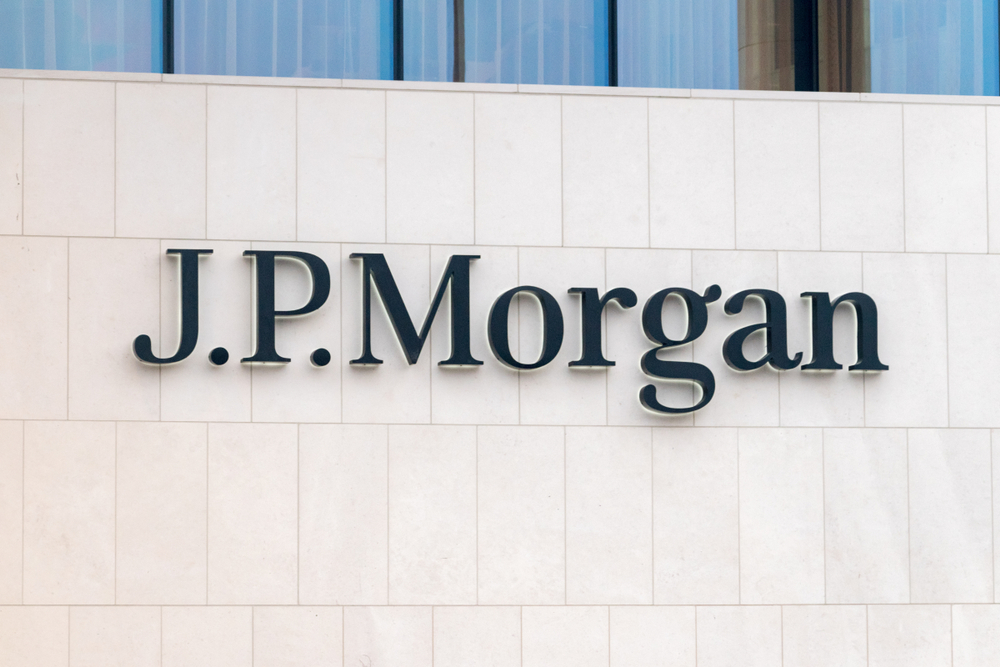Stocks in Europe and the United States weakened quite strongly during the Friday session. The main index of the New York Stock Exchange S&P 500 lost half a percent, the technological Nasdaq even wrote off more than one percent.* The sell-off in Europe was even more intense.
The financial markets were frightened by the fresh data on American inflation. Consumer prices rose by 3.7 percent year-on-year in September, which was the same pace as in August. Although month-on-month inflation fell, core month-on-month inflation remained unchanged. The current development of inflation thus increases the probability that the American central bank will again raise its base interest rates after a short break.
Investors put one and one together and began to increasingly expect that the Fed will really live up to its promises, or the words of its governor. So if the Fed does indeed decide to raise rates at its November or December monetary policy meeting, it will be bad news for stocks. Of course, it depends on how vigorous such a "hike" would be.
Indeed, if the Fed raises rates only slightly and only once, it would not necessarily spell disaster, and to some extent it can be assumed that investors have already factored such a move into their decisions. It would be unfavorable for stocks in the short term if the Fed surprised the markets. However, this will depend on the further development of inflation.
So it may be that the Fed's November meeting will still be a "wait and see" affair, as October inflation data will not be available until mid-November. However, September developments may still be reason enough for the Fed to raise rates as early as November, arguing that there is no time to waste.
The terrorist attacks by Hamas on the territory of Israel and its subsequent retaliation in the form of a large-scale military operation did not add anything to the markets either. For now, however, it seems that there is no danger of the conflict flaring up and spreading to other countries, and that the Israeli army will deal with the enemy relatively quickly. However, if the 50-year-old scenario from the so-called Yom Kippur War were to repeat itself, we should expect effects primarily on global energy commodity markets.
The price of oil has already reacted to the almost week-old event. The dramatic price reduction that we witnessed in the last decade of September has ended, and a barrel of Brent oil has already managed to return to the 88-dollar mark.* However, the slowly ending motoring season in the northern hemisphere works against further price increases, which pushes the demand for oil lower due to seasonal reasons. Oil is now trading at about the same level as two months ago.*
--------
* Past data is not a guarantee of future returns.
Warning! This marketing material is not and should not be considered investment advice. Past data is no guarantee of future returns. Investing in foreign currency may affect returns due to fluctuations. All securities transactions may result in both gains and losses. Forward-looking statements represent assumptions and current expectations that may not be accurate or are based on the current economic environment, which may change. These statements are not guarantees of future performance. CAPITAL MARKETS, o.c.p., a.s. is an entity regulated by the National Bank of Slovakia.
 English
English
 Slovak
Slovak
 Czech
Czech
 Hungarian
Hungarian
 Italiano
Italiano
 Polish
Polish





